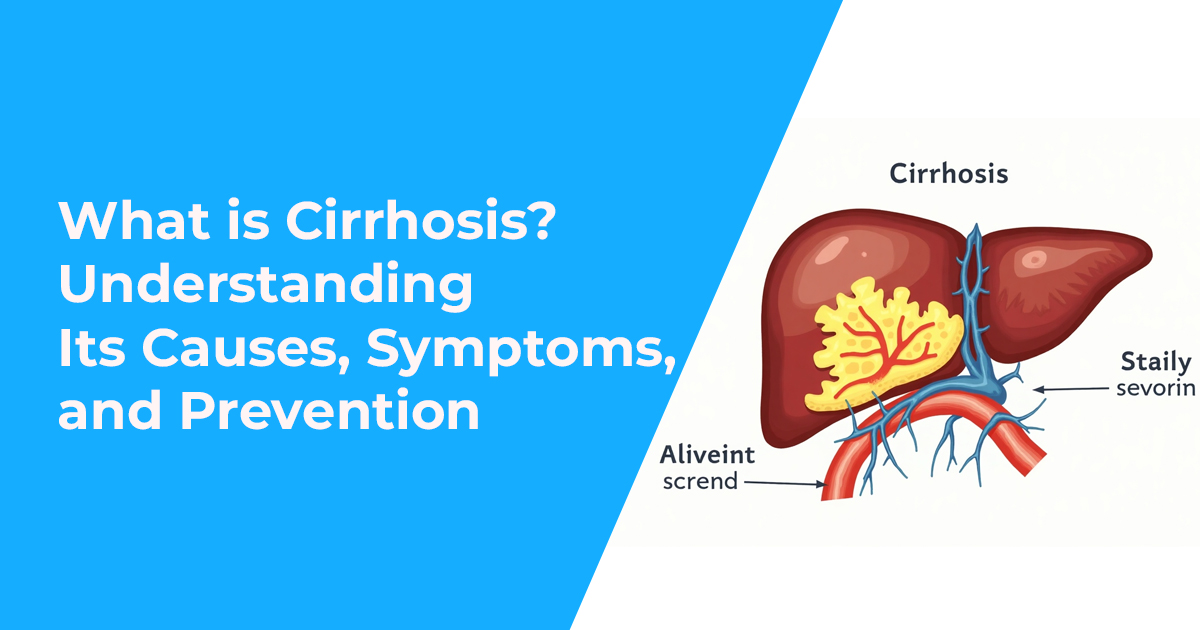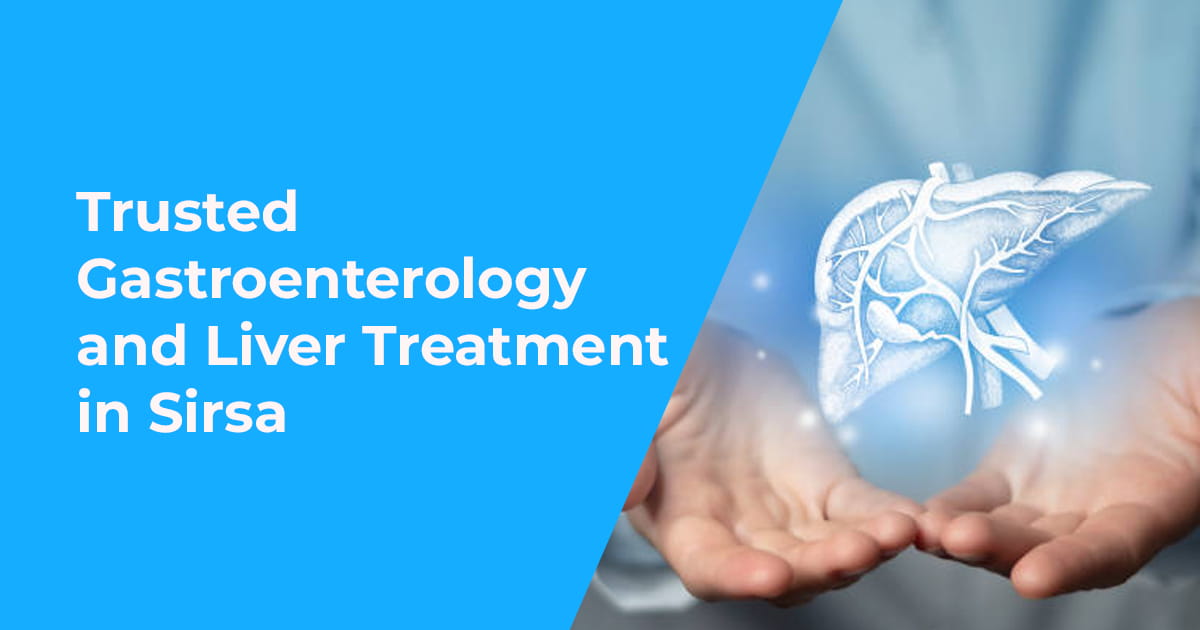Gastrointestinal bleeding is a concerning medical condition characterized by the presence of blood in the digestive tract. It can occur in various parts of the gastrointestinal system, including the esophagus, stomach, small intestine, and large intestine. Gastrointestinal bleeding can range from mild to severe and may require prompt medical attention. In this article, we will explore some of the most common causes of gastrointestinal bleeding and highlight the importance of consulting the Best Gastroenterologists in Dabwali Mandi Sirsa for expert diagnosis and treatment.
Understanding Gastrointestinal Bleeding:
Gastrointestinal bleeding can result from a wide range of underlying causes, which can be broadly categorized into upper gastrointestinal bleeding and lower gastrointestinal bleeding. Upper gastrointestinal bleeding refers to bleeding that occurs in the upper portion of the digestive tract, including the esophagus, stomach, and small intestine. On the other hand, lower gastrointestinal bleeding occurs in the colon or rectum. Let’s delve into some of the common causes of gastrointestinal bleeding:
- Peptic Ulcers: Peptic ulcers are open sores that develop on the lining of the stomach or the first part of the small intestine. When these ulcers erode blood vessels, it can lead to gastrointestinal bleeding. Common causes of peptic ulcers include infection with Helicobacter pylori bacteria, long-term use of nonsteroidal anti-inflammatory drugs (NSAIDs), and excessive alcohol consumption.
- Gastritis: Gastritis refers to the inflammation of the stomach lining, which can be caused by various factors such as Helicobacter pylori infection, excessive alcohol consumption, prolonged use of NSAIDs, or autoimmune disorders. Severe cases of gastritis can result in gastrointestinal bleeding.
- Gastrointestinal Tumors: Both benign and malignant tumors in the gastrointestinal tract can cause bleeding. Examples include stomach cancer, colorectal cancer, esophageal cancer, and intestinal polyps. These tumors can erode blood vessels, leading to bleeding.
- Diverticulosis: Diverticulosis is a condition where small pouches called diverticula form in the walls of the colon. These pouches can become inflamed or infected, leading to diverticulitis. In some cases, diverticula can bleed, resulting in gastrointestinal bleeding.
Gastroesophageal Reflux Disease (GERD): GERD is a chronic condition where stomach acid flows back into the esophagus, causing irritation and inflammation. In severe cases, this can lead to erosion of the esophageal lining and subsequent bleeding.
Consulting the Gastroenterologists in Mandi Dabwali Haryana:
When experiencing symptoms of gastrointestinal bleeding, it is crucial to consult a gastroenterologist in Dabwali Road Sirsa for proper diagnosis and treatment. Gastroenterologists are medical specialists who specialize in the diagnosis and management of gastrointestinal disorders, including gastrointestinal bleeding. They possess the expertise and resources to conduct comprehensive evaluations and recommend appropriate treatment options based on the underlying cause.








